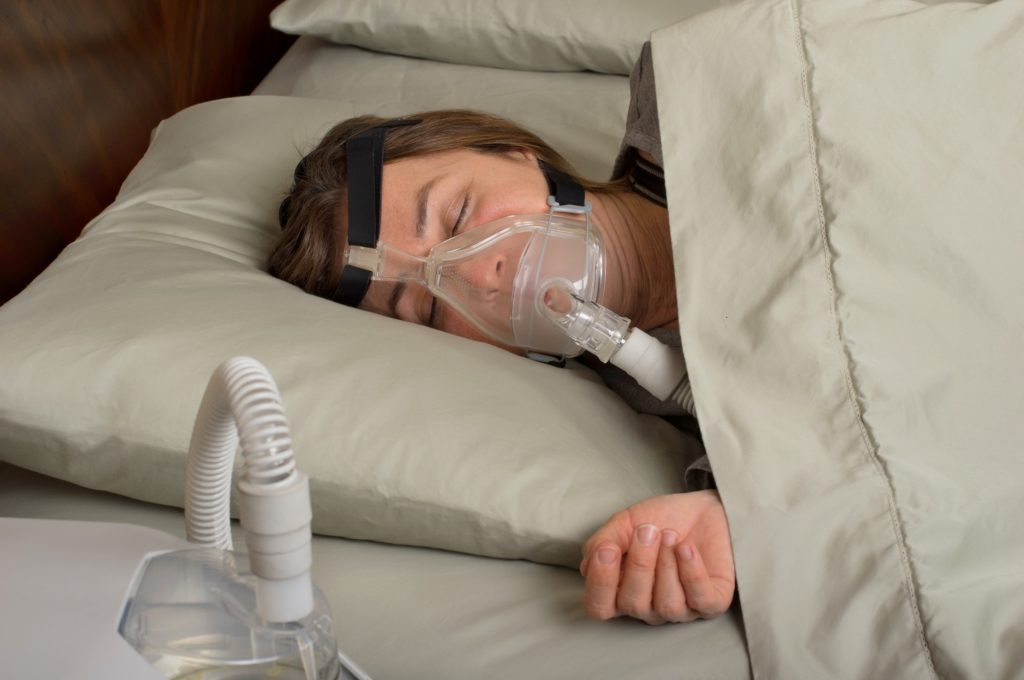Elderly individuals who suffer from obstructive sleep apnea (OSA) may be at a greater risk of developing Alzheimer’s disease (AD), according to a new study published in the American Journal of Respiratory and Critical Care Medicine. Depending on the severity of the sleep disorder, participants in the study showed proportionally increasing levels of a biomarker for dementia.
Sleep apnea is a condition that causes interruptions in normal breathing patterns and affects up to 80 percent of elderly Americans. Alzheimer’s disease is also becoming increasingly common among older adults – affecting around five million in the US – and is characterized by memory loss and the accumulation of amyloid beta plaques in the brain.
“Several studies have suggested that sleep disturbances might contribute to amyloid deposits and accelerate cognitive decline in those at risk for AD,” said Dr. Ricardo S. Osorio, senior study author and assistant professor of psychiatry at New York University School of Medicine. “However, so far it has been challenging to verify causality for these associations because OSA and AD share risk factors and commonly coexist.”
Just over 200 people aged 55 to 90 participated in the study, none of which had been diagnosed with Alzheimer’s disease or any other dementia. None of the participants used continuous positive airway pressure (CPAP) to treat sleep apnea.
Over 36 percent of the participants were found to have mild sleep apnea, while nearly 17 percent were found to have a moderate or severe form of the sleep disorder. In half of the participants, the researchers identified a correlation between the severity of the sleep apnea and a decrease in the amount of amyloid beta detected in the cerebrospinal fluid over the course of a two-year period.
This finding suggests that amyloid deposition in the brain increased in the participants over time. To confirm this link, Osario and his colleagues performed a PET scan on a subset of participants to quantify the amount of amyloid beta in the brain.
While the study did not find a connection between the severity of sleep apnea and cognitive decline in these individuals, the results could still have implications for slowing the progression of Alzheimer’s disease in the early stages by treating sleep apnea. Interventions like CPAP and dental appliances could help delay cognitive decline in some patients.
“Results from this study, and the growing literature suggesting that OSA, cognitive decline and AD are related, may mean that age tips the known consequences of OSA from sleepiness, cardiovascular, and metabolic dysfunction to brain impairment,” said Dr. Osorio. “If this is the case, then the potential benefit of developing better screening tools to diagnose OSA in the elderly who are often asymptomatic is enormous.”












Join or login to leave a comment
JOIN LOGIN